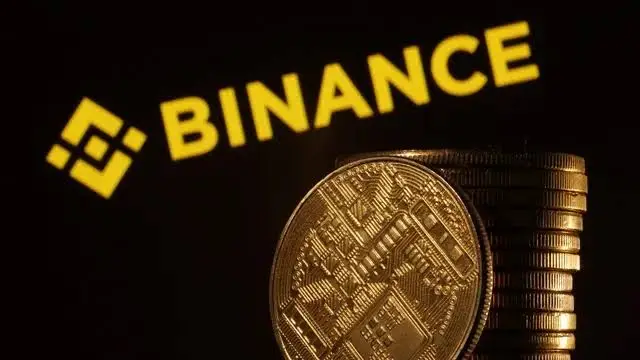
Breaking: Nigeria detains Binance executives in cryptocurrency crackdown
Two senior executives at Binance have been detained in Nigeria as the country cracks down on cryptocurrency exchanges.
The executives flew to Nigeria following the country’s decision to ban several cryptocurrency trading websites last week but they were detained by the office of the country’s national security adviser and their passports seized, a report on Reuters website stated.
The crackdown follows a period after several cryptocurrency websites emerged as platforms of choice for trading the Nigerian currency, which has suffered chronic dollar shortages.
The naira’s official exchange rate has been trading at levels close to the parallel market level after the currency was devalued last month, its second adjustment in less than a year.
Nigeria has been experiencing crippling dollar shortages that have pushed its currency to record lows after foreign investors fled following a previous oil price collapse and introduction of capital controls in 2015.
On Tuesday Olayemi Cardoso, Nigeria’s central bank governor, named Binance at a press conference while discussing the funds flowing through crypto exchanges.
“We are concerned that certain practices go on that indicate illicit flows going through a number of these entities [crypto platforms] and suspicious flows at best,” Cardoso told reporters. “In the case of Binance, in the last one year alone, $26bn has passed through Binance Nigeria from sources and users who we cannot adequately identify,” he added.
According to Cardoso, Nigeria’s anti-corruption agency, police and national security adviser were co-ordinating an investigation into cryptocurrency exchanges. The authorities were demanding to see a list of Binance’s Nigerian users since its inception, a person familiar with the matter said.
Last week the telecoms regulator ordered telecoms companies to block access to some of the world’s largest cryptocurrency exchanges such as Binance, Coinbase and Kraken.
President Bola Tinubu’s government has been trying to attract overseas investment to boost the country’s struggling economy with a series of market-friendly reforms. These included trying to tidy up its messy system of multiple exchange rates and end its years-long currency peg. It has twice devalued the naira in eight months.


